16 Feb Do you know your numbers? Managing your diet lowers your risk of heart disease, cancer and medical costs

My doc told me I had slightly elevated cholesterol. He didn’t bother lecturing me. Instead, he told me to read a book: The China Study, a highly detailed and convincing explanation of the relationship between food and health (there’s a movie version called Forks Over Knives). Before finishing the first chapter, I was sold on changing my diet. In less than two months, I had moved my numbers dramatically – and sustainably. In doing so, I likely have reduced the drivers of disease and my health care costs. Here’s how and why.
First, I’ll share my numbers. Despite being on a cholesterol-lowering medication, I had an overall cholesterol of 224. My “bad” cholesterol was 140. By changing what I ate for just two months and remaining with the same dose of medication, the 224 dropped to 156 (down 30%) and the 140 went to 83 (down 41%)!
What’s considered good? WebMD considers anything below 200 to be desirable for overall cholesterol and anything above 240 is high. For “bad”cholesterol, WebMD says 130-159 is borderline high, 100-129 is ideal; below 100 is ideal for those at risk of heart disease; and below 70 is ideal for people at very high risk of heart disease.
Why is low cholesterol important?
The average American is about 25 pounds overweight. According to most health professionals, excess weight and disease are closely associated. Cancer, diabetes and coronary heart disease also are highly correlated to diets high in animal protein, sugar and processed foods. Those diseases are high-cost conditions and high-cost conditions mean high insurance premiums and expensive medications. This is NOT rocket science.
Each of us can control what we eat and if a good diet can reduce disease, it can also lower our health care costs. What I’ve been eating is delicious, less expensive and good for me; more vegetables, fruit and water; a lot less processed food; and no dairy or meat. Is it worth it?
Let me share another personal story. My dad ate heavily marbled blood-red meat, heaped it with salt and relished sucking the marrow out of the bone. Eggs, cheese and desserts were highly favored over more healthy choices. He also was a smoker. I was in the eighth grade the night he had his first of four heart attacks beginning at the age of 55. Though he quit smoking, he had “the big one” ten years later, far too young to die by today’s standard of longevity. My wife and our kids never got to meet him. Selfishly speaking, ya – changing how and what we eat is worth it. You probably have similar tales of unnecessary ill-health in your family.
Though the likelihood of surviving a heart attack has drastically improved in the last 20 years, the quality of the American diet has decayed and we’re going to pay a high price if we don’t change. It’s a matter of personal risk management. So, tonight, try this recipe for black bean burgers for a change – they are wicked good and good for you! You also can read what happened to local TV news anchor Jeff Peterson whose family took the plunge and the remarkable results they’ve experienced.



